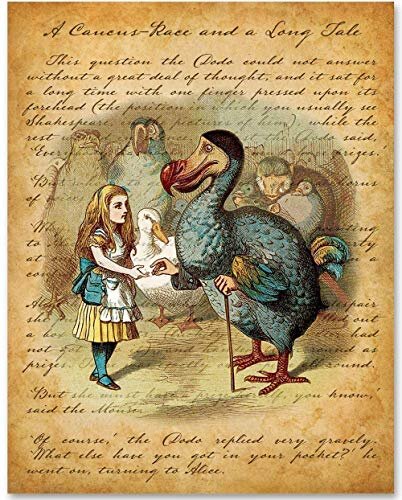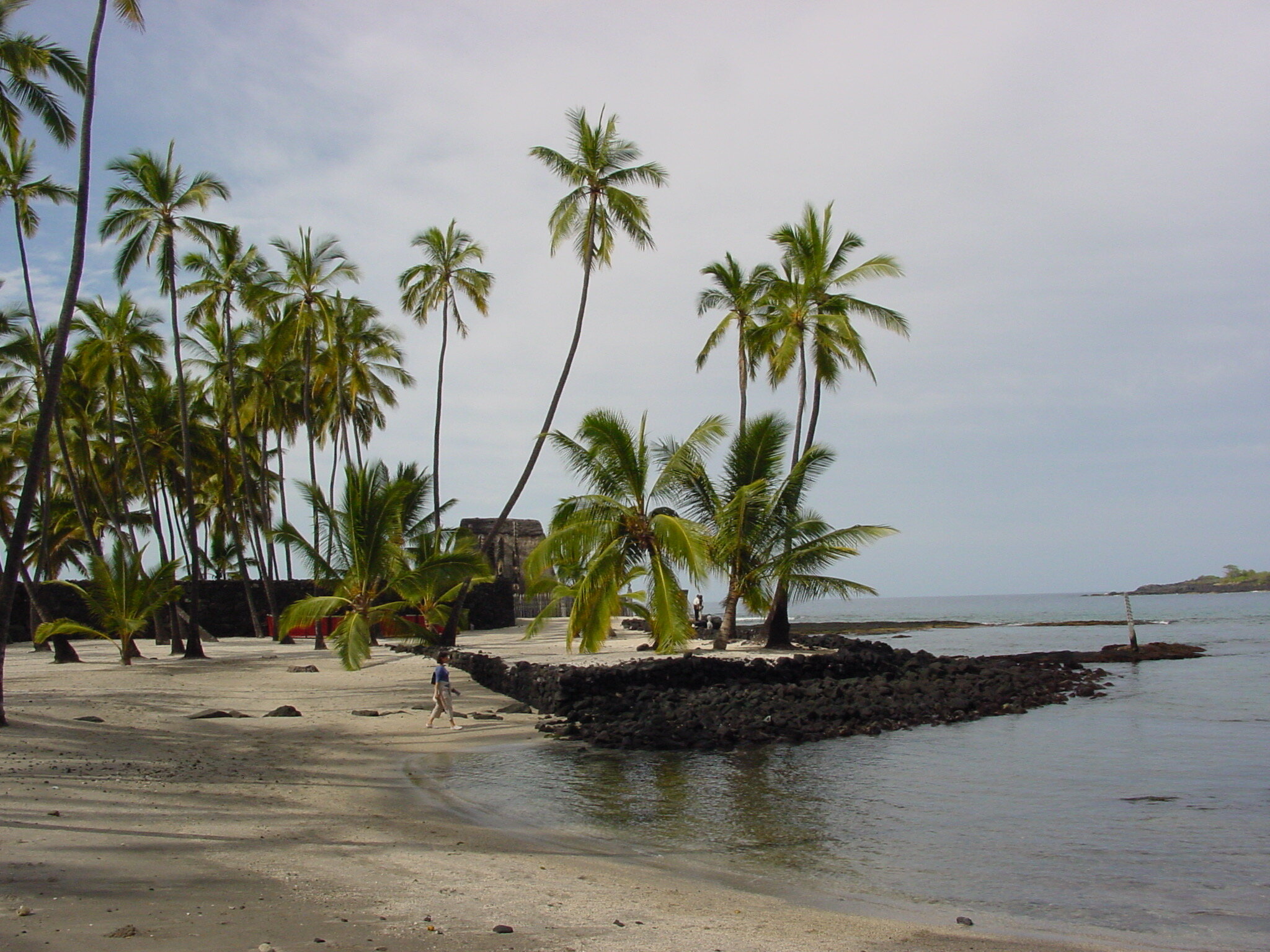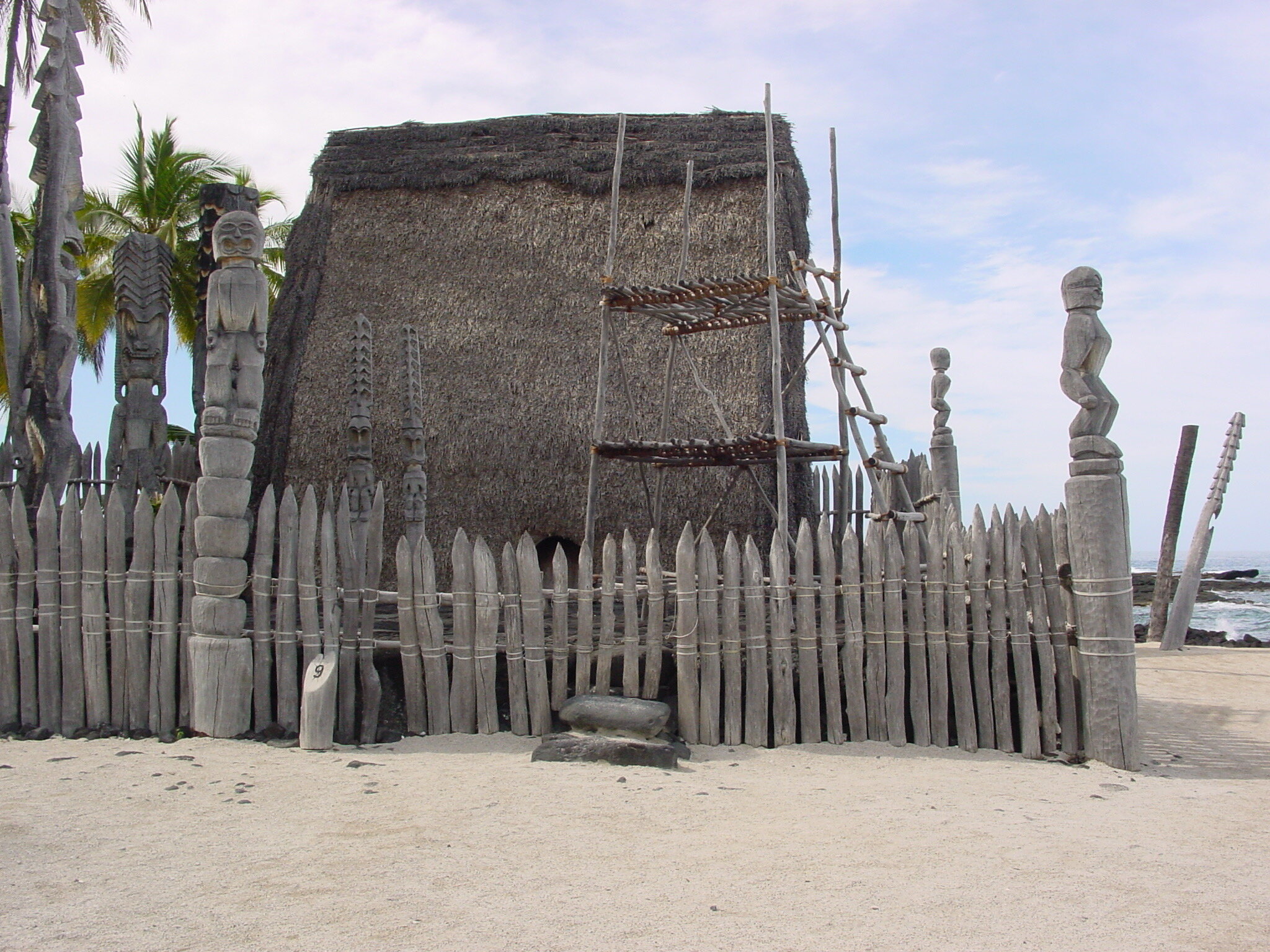[visited in April 2014]
With our Safari days behind us, we took off for the island of Mauritius excited to spend 5 days snorkeling in warm clear water. To give equal time to the life aquatic as we did to the life nomadic in Botswana. When we told people about our South African trip, nearly everyone would ask Why Mauritius? We said for the beach time, which was enough to shut down further questioning. Now I wonder if we should have noticed the obvious and repetitive first part of the question - Why?
Mauritius was inhabited by the Arabs and the Portuguese from the 5th to the 15th century, the Dutch in the 17th century, the French in the early 19th century and finally the British for just shy of 160 years. They finally celebrated their Independence in 1968. When the Dutch arrived, the only inhabitant of the island was the DoDo Bird. Because this was before the advent of photography, only drawings, paintings and verbal descriptions of the DoDo existed.
It was an iconic bird - over 3 feet tall, weighing up to 50lbs with a gnarled beak. Its likeness was made famous in Alice and Wonderland. Since the DoDo couldn’t fly, it must of adapted its behavior to just roam and eat freely without predators. DoDo has the become an unfortunate synonym for a stupid person. Legend says that the Dutch hunted the bird into extinction, but it could also have died because of the competition for food sources by non-native pigs, goats, and deers introduced by the Dutch. Natural disasters also posed a problem for the DoDo, the island has four volcanoes and is prone to intense cyclones. One intact skeleton remains which enabled scientists to do more recent research. They found the DoDo was extremely fast and agile, with a keen sense of smell. Still no match for a Dutchman with a musket.
The Dutch planted sugarcane and imported slaves from Africa to tend it, and then, just short of 100 years later, abandoned the island. Because the island was in the middle of the Indian Ocean, it became a center for slave trading, a tradition that the French continued until the British abolished it in 1835. The diversity of the inhabitants makes Mauritius an island of many cultures, many religions and languages, which coexist without conflict.
We had a hard time choosing a hotel. A friend living on the island gave us some authentic, yet remote choices, but since we had made plans with him to see the sights, we decided to make our base in one of the more centrally located hotels. We chose the St. Regis on the Le Morne peninsula, a UNESCO world heritage site.
The St. Regis Hotel, Mauritius
The hotel had stylish colonial architecture - not surprising with the islands history of sugarcane plantations. The beach and its turquoise waters fronted the hotel with lounge chairs that melted into the white sand, in the shadow of swaying palms. The backdrop of the peninsula was the dramatic Le Morne mountain, listed as a World Heritage site in 2008. It seemed perfect for 5 nights.
Plantation Style
The hotel had an innovative service arrangement where your point person for anything and everything was a shared ‘butler’ and each block of rooms had one. He was very nice, but constantly elusive. Even if you needed restaurant reservations you were directed to call your butler, not reception. Maybe it was a new service, but it wasn’t working. The islanders and foreigners that worked the restaurants were lovely, but they all seemed bewildered, almost as if it were the first day for all of them. Above and beyond all of these petty annoyances, there was something bigger, some kind of a negative energy, an omnipresent ‘get out of here’ vibe I sensed around every corner.
I’ve felt this vibe once before in 2001 on one of my first trips with A. We were on the Big Island of Hawaii at the Four Seasons Hotel. It was probably our third trip together, I was still new to his level of travel. I was miserable from the moment we checked in, but couldn’t say anything because I felt I would seem unappreciative. And spoiled. Beautiful hotel, beautiful locale, lap of luxury and I dare to complain?
Palms In Paradise
I was determined to make it through the week and pretend it was a perfect get away. Apparently I was unable to disguise my misery, and around day two, A. asked what was wrong. I first jumped to the conclusion that this relationship would never work. Then I described my thought spiral: he actually liked this place, and I didn’t, and this hotel had a horrible vibe and he didn’t notice. He surprised me by saying he didn't really like it either and suggested we should leave early. So we did.
Hale o Keawe, another ancient Burial site, that held the remains of 23 kings.
A friend from San Francisco had been at the same Hawaiian resort a month prior to us. She asked how we liked it and I told her about the bad energy and how I just couldn’t shake the feeling that we shouldn’t be there. She told me she had felt the same way, and had even talked with her massage therapist about it. The masseuse told her that it could have to do with the fact that the Hotel was built on an ancient Hawaiian burial ground. I got the chills which is my way of knowing that something is absolutely true.
Thinking about how we could have made such a mistake in choosing the St. Regis, A. and I decided that it was a priority to work on dissecting hotel descriptions. Something we should have done BEFORE choosing this, or any hotel. The key is TO NOT skew the words to what you want your experience to be. Its like house-hunting vocabulary: cozy tends to mean tiny, rustic means rundown - that sort of thing. Code. For example there were 5 restaurants at the hotel, which at first reading is giving guests an amazing amount of choice, but in reality? the hospitality department was spread too thin across the various cuisines for one to have a satisfying meal at any of them. When a hotel advertises Conferences and Weddings? look forward to large groups raising the volume in every common space at the hotel. Watersports are unique to an island setting, and also a clue that while swimming you could be overrun by Jet skis, Hobie Cats and Kite Surfers. And, for us, hoping for a quiet beach retreat, the words Kids Club doesn't even have a coded message, but we missed it entirely. Kids are a guarantee and, they will be cared for by the hotel staff. They are openly luring fatigued parents who vacation with their children, while in need a vacation from their children, and here they get on-site support. There were hundreds of very happy kids at the St. Regis.
We read the website all wrong, and while it was a beautiful spot, it just wasn’t the spot for us. A. likes to call it being in a ‘5 star prison’ and it definitely felt like that, especially since the authentic Mauritian experiences promised us, for many reasons, never showed up. We were trapped.
We called reception (we gave up on the Butler) and cut our visit to Mauritius from 5 nights to 3, so we could get to Cape Town a few days early. We made the best of our short time left and scheduled a snorkeling trip for our last day. Mauritius is encircled by a coral reef, so we had high hopes for seeing sea creatures galore. When the boat stopped near the reef we were surprised that the water was almost too shallow to swim without your stomach touching the sand and coral beneath you. When we stood up we were only knee deep in water. The fish sightings were minimal, but the view back to the cliffs of Le Morne mountain was spectacular. The juxtaposition of the rothko-like blue green waters against the dense forest on the jagged charcoal cliffs was stunning. It was a powerful mountain with a grave message.
We left the next morning as the sun was rising. Our driver was a native of the island and he gave us a guided tour through some of the little neighborhoods on our way to the airport. He told us some island history, especially about Le Morne mountain, which was a haven for runaway slaves, or ‘maroons’ as they were called. Because of its difficult terrain, the mountain had cliff dwellings and hidden caves in its forests where the slaves established settlements, safe from the local traders and police.
Maroons was the term given to slaves in the 17th and 18th century. The concept of being ‘marooned’ on an island comes from it. On February 1st, 1835, the day slavery was abolished in Mauritius, a group of British police officers climbed the mountain to tell the Maroons they were ‘Free.’ The slaves, not understanding why the Police were arriving, chose to leap off Le Morne to their deaths, instead of being re-captured. I found that positively chilling, and I was grateful that my escape from the island only involved a change of flights.







